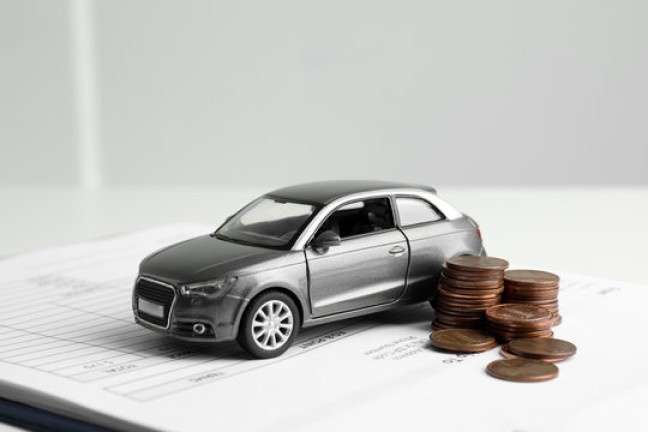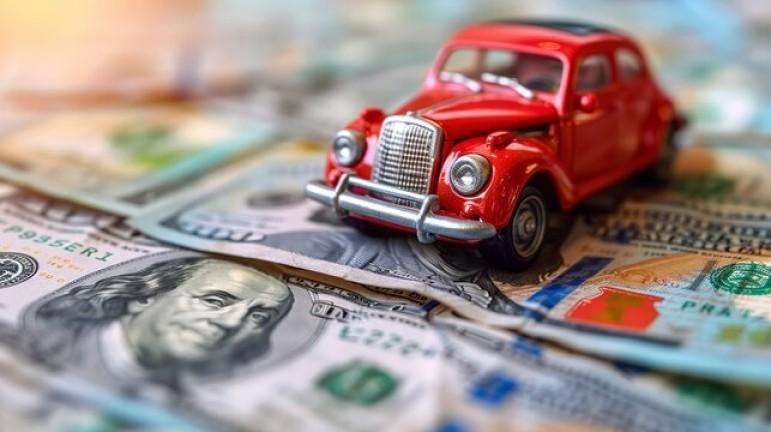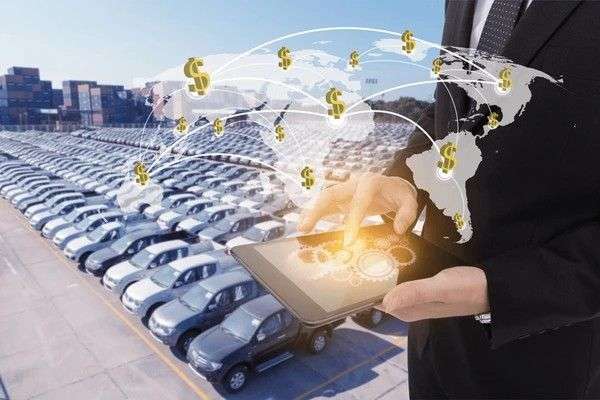When considering purchasing an automatic car, one of the first things that may come to mind is how to finance it. Car finance deals are incredibly important because they help you break up the overall cost of the vehicle into manageable payments. In this article, I’m going to explore everything you need to know about automatic car finance deals, from how they work to different options available, comparisons, and how to choose the best deal. I’ll also dive into how interest rates, down payments, and loan terms affect the overall cost, providing examples and calculations along the way.
Table of Contents
What is Car Finance?
Car finance is an arrangement where a buyer gets a loan to purchase a vehicle. In exchange, they agree to pay back the loan over a set period. The finance options available can vary based on the lender, type of deal, and the buyer’s credit profile. Typically, there are three main ways to finance a car:
- Hire Purchase (HP): This option allows you to pay in installments over a fixed term. Once the last payment is made, you own the car outright.
- Personal Contract Purchase (PCP): With PCP, you pay lower monthly installments than with HP. At the end of the term, you can either return the car, pay a balloon payment to own it, or trade it in for a new one.
- Leasing or Personal Contract Hire (PCH): This is essentially long-term renting. You don’t own the car at any point. Instead, you return it after a set period, having made monthly payments.
Automatic car finance deals are similar to these standard finance deals, except the car being financed has an automatic transmission. While the type of transmission doesn’t significantly change the finance structure, the cost of automatic vehicles can be higher, so it’s important to consider how that affects your budget and payment options.
Understanding the Components of a Finance Deal
There are several components in a car finance deal that you need to understand to make an informed decision:
- Interest Rate: The interest rate (APR) determines how much extra you’ll pay on top of the loan amount. The lower the rate, the less you’ll pay overall.
- Loan Term: This refers to the length of time you’ll be paying off the loan. It can range from one year to seven years or more, depending on the lender and the deal.
- Monthly Payment: This is the amount you’ll pay each month. It’s based on the loan term, interest rate, and the car’s value.
- Down Payment: Many car finance deals require an upfront payment, which lowers the amount you’ll need to borrow.
- Balloon Payment (PCP deals): This is the lump sum you may need to pay at the end of the term to own the car, depending on the finance structure.
- Total Repayment: This is the total amount you will pay over the life of the loan, including both the loan amount and interest.
Now that we’ve defined the key components, let’s look at different finance options and how to evaluate them.
Hire Purchase (HP) for Automatic Cars
If you’re considering a hire purchase deal, you’ll be paying fixed monthly payments for the car, and at the end of the term, you’ll own the car outright. The structure of a HP deal generally looks like this:
- Deposit: Typically between 10% and 30% of the car’s price.
- Loan Amount: This is the cost of the car minus your deposit.
- Interest Rate: Usually fixed, though it can vary based on your credit history.
- Loan Term: HP deals typically range from 24 months to 60 months.
Let’s break down an example with numbers to illustrate how this would work. Imagine you’re buying an automatic car for £20,000 with a 10% deposit and a 4.5% APR over a 48-month term.
Example of HP Deal Calculation:
| Car Price | £20,000 |
|---|---|
| Deposit (10%) | £2,000 |
| Loan Amount | £18,000 |
| Interest Rate (APR) | 4.5% |
| Loan Term | 48 months |
| Monthly Payment | £419.16 |
| Total Repayment | £20,096.68 |
How Monthly Payments Are Calculated:
To calculate the monthly payment, I used an online calculator that takes into account the interest rate and loan term. The loan amount after the deposit is £18,000. The interest on the loan will be applied monthly, resulting in a payment of £419.16 per month. At the end of the 48-month period, you will have paid £20,096.68 for the car.
Personal Contract Purchase (PCP) for Automatic Cars
PCP works similarly to HP, but with one key difference: at the end of the contract, you have the option to make a larger balloon payment to purchase the car outright, or you can return the car, or trade it in for another vehicle. Because of the lower monthly payments compared to HP, many buyers prefer this option, especially for cars that depreciate quickly.
Let’s take a similar example with a PCP deal. For an automatic car priced at £20,000 with a £2,000 deposit, a 4.5% APR, and a 48-month term, the balloon payment might be £10,000, and the monthly payments will be lower.
Example of PCP Deal Calculation:
| Car Price | £20,000 |
|---|---|
| Deposit (10%) | £2,000 |
| Loan Amount | £18,000 |
| Balloon Payment | £10,000 |
| Interest Rate (APR) | 4.5% |
| Loan Term | 48 months |
| Monthly Payment | £300.00 |
| Total Repayment (excluding balloon) | £14,400 |
In this case, the monthly payment is £300.00. However, you would still owe £10,000 at the end of the term if you want to keep the car. If you decide not to keep it, you can return it and walk away.
Leasing (PCH) for Automatic Cars
Leasing is a great option if you want to drive a new car without the hassle of ownership. However, it’s important to note that at the end of the term, you have to return the car. You don’t build equity in the vehicle as you would with HP or PCP. The monthly payments are generally lower, which is one of the main attractions of leasing.
Example of Leasing Calculation:
| Car Price (Value) | £20,000 |
|---|---|
| Deposit | £1,500 |
| Loan Amount | £18,500 |
| Interest Rate (APR) | 0% (Most leases) |
| Lease Term | 36 months |
| Monthly Payment | £350 |
| Total Repayment | £14,500 |
For leasing, the payments are based on the car’s depreciation value over the term, and you only pay for the amount the car loses in value. At the end of the lease term, you simply return the car. This is ideal if you don’t want the long-term commitment of owning a car.
How to Choose the Best Automatic Car Finance Deal
Choosing the right finance option depends on your personal preferences and financial situation. Here are a few things I recommend considering:
- Your Budget: How much can you afford to pay each month? If you want a low monthly payment, leasing might be the best option, though you won’t own the car at the end of the term.
- Ownership: Do you want to own the car outright eventually? If so, a hire purchase deal might be better suited for you.
- Flexibility: If you like to change cars frequently, a PCP deal might be ideal, as you can trade the car in every few years.
- Interest Rates: Always shop around for the best interest rates. Even a small difference in rates can result in significant savings over the life of the loan.
Conclusion
Automatic car finance deals offer flexibility and convenience, allowing you to drive a car that fits your needs without paying the full price upfront. Whether you opt for HP, PCP, or leasing, there are a variety of options that can cater to different financial circumstances. The most important step is to carefully review the terms and calculate how much the deal will cost you over time, considering both the monthly payments and the total repayment amount.
By comparing the deals available, you can choose the best option that aligns with your financial goals and preferences, ensuring you get the most value out of your automatic car purchase.





